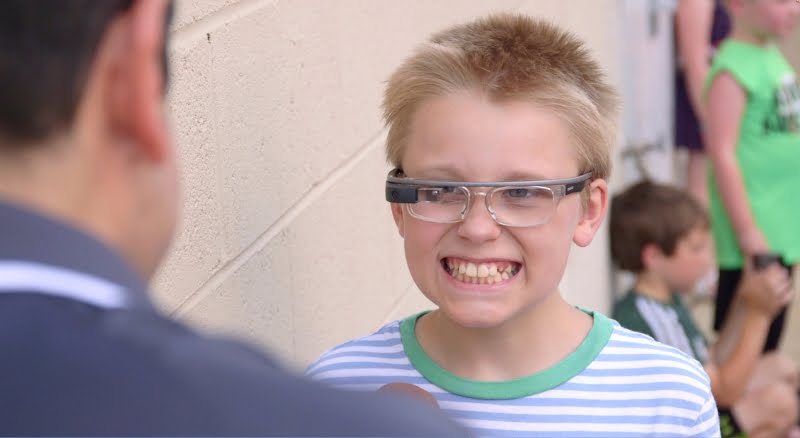While the average customer passed on Google Glass, it could become an important tool to help improve social skills for children with autism!
A study which has been published in NPJ Digital Medicine has shed more light on the idea that augmented reality glasses combined with the right choice of software could make a huge difference to children with autism. Children with autism typically find it hard to recognize social cues, facial expressions, and also make eye contact.

14 children, between the ages of three and seventeen on the autism spectrum, tested the Superpower Glass at home for two months. After the two months, the children were tested on a scale which measures social impairments and on average scored 7.4% lower than before the study.
“Some families have commented that it’s as if a switch has been flipped,” says Dennis P. Wall, the study’s lead author and an associate professor of pediatrics, psychiatry, and biomedical data sciences at Stanford Medical School. “They’re saying, ‘Now my child is looking at me.”
While the initial results of the study appear promising, Wall says that they still need to be interpreted with caution. The study didn’t include a control group which makes it hard to gauge the size of the effect on the children who participated in the study. The next phase of the study will include larger numbers of children as well as a control group. The latest study has been completed but won’t be published until later this year. The software which was developed by Wall and his colleagues recognizes happiness, sadness, anger, disgust, surprise, fear, contempt, and neutral emotions.





